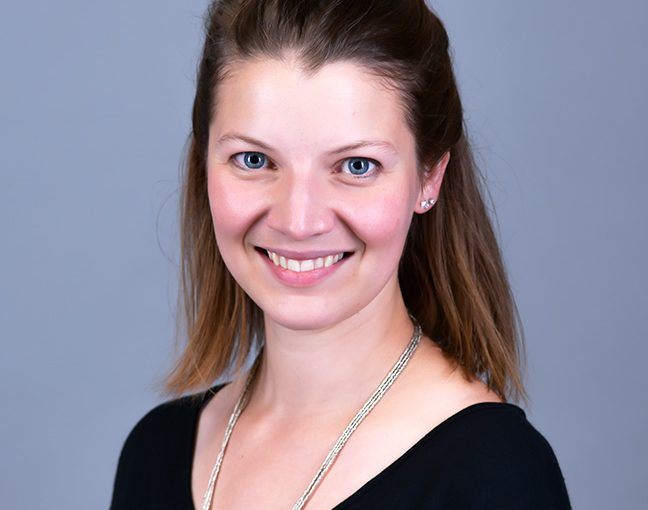How long have you been teaching at Hope College?
This is my 4thyea r teaching at Hope College.
r teaching at Hope College.
Did you major/minor in WGS, and if so, how did your WGS major/minor/certificate shape you? If not, how did you come to WGS as an academic discipline?
The college I attended did not have a WGS major/minor, and I didn’t really understand what WGS was about or why it might be useful to study. Then, during my research in Graduate School (at Penn State), I added a dual degree in Women’s Studies. I came to realize that just because I was a woman and had a gender, I didn’t understand the history of women and gender, what women’s experiences are (or how gender shapes experiences), how creatively and productively women are affecting change in the world, or how our current gendered social systems affect women and men. Essentially, just because I speak English doesn’t mean I understand English Literature the way an English Major does, or just because I can communicate with others doesn’t mean I understand how Communication works the way a Comm Major does; so too with Women’s Studies. More specifically, I came to realize that I didn’t really understand my own life experiences of harassment, assault, and oppression. I came to WGS to learn theories, tools, skills, and practices that would help me live.
What advice would you give to current WGS students or students considering WGS as a major or minor?
WGS is the most life-giving major I can imagine. My advice: try a class! WGS 160 Women in a Global Society; WGS 200 Intro to Women’s & Gender Studies; WGS 350 Feminist Visions of Justice. These courses are designed to help you live good and flourishing lives, with thriving careers, relationships, and community involvement.
If you could teach any WGS course, what would you title it, who is one person you would include on the syllabus, and why?
Feminist Activism. It would be a class that focuses explicitly on the successful strategies of feminist activism (coalitions, specific argument forms, protests, civil disobedience, speeches, persuasive techniques, activism in popular culture, activism in literature, etc.). Whose work would we read? Anita Hill (law professor famous for the 1990s’ version of #MeToo activism); Adrienne Davis (law professor); Adrienne Rich (poet, activist); Emma Goldman (anarchist political activist); Ursula Le Guin (sci-fi feminist author); Kimberlé Crenshaw (legal activist and scholar); and so much more!
What is a WGS book you read–recently or not-so-recently–that you would call your “favorite”? Why?
Manliness & Civilization by Gail Bederman (who, fun fact, was History/WGS Professor Dr. Jeanne Petit’s doctoral advisor!). This book is a US history of sex/race in America from about 1880-1920. It’s well written, has outstanding case studies (Tarzan, Boxing!) and covers a whole range of institutions (medicine, education, politics, war, news, women’s activism, and sports).


